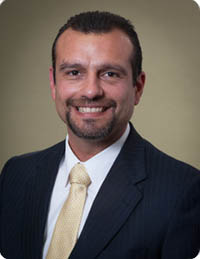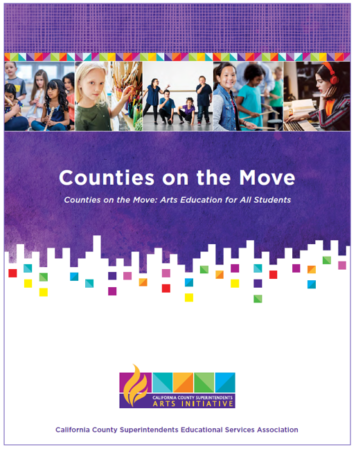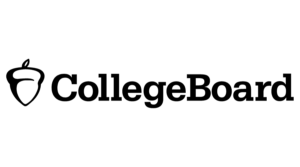From The Desk Of
Peter Birdsall Executive Director
Following the virtual General Membership meeting on June 23, I couldn’t help but reflect that for me it was my 36th GM meeting since joining CCSESA.
When I became Executive Director, one of the early revelations for me was the generally unrecognized, but extraordinary talent and reach of CCSESA’s steering committees. For example, I attended a meeting of PASSCo, where I also spent some time with their credentialing subcommittee. Listening to the discussion among staff from about 50 county offices, I asked to see the agenda and realized that they were routinely connecting with top staff from the Commission on Teacher Credentialing.
Based on similar experiences with all five Steering Committees, we assigned CCSESA staff as liaisons to each Steering Committee (that had not been done before) and developed a strategy for CCSESA of being recognized as the organization that gets the work done. The message was pretty simple– if you want statewide implementation, only CCSESA can ensure that priority projects and information can be shared directly, in a timely manner, with leadership from every school district across the entire state.
The results of that approach have been evident, as the state has repeatedly turned to county offices on virtually every K-12 education issue. Perhaps just as important, the state has generally recognized the need for county offices to tailor their activities to fit the local needs of their districts, not act simply as agents of the state. From my perspective, our success has been built largely on the talent and hard work of the Steering Committees.
The early example, as I joined CCSESA, was the work of BASC on the Common Message and fiscal accountability. As the role of county superintendents expanded, CISC leadership has been vital to statewide implementation issues on LCAPs and differentiated assistance. TSC played a central role in the successful implementation of computer-based assessments (CAASPP) and the state again turned to CCSESA (and TSC) as a statewide presence in the effort to ensure statewide connectivity. County offices are now the statewide structure to ensure appropriate credentialed teacher assignments, reflecting the engagement and expertise I first saw at that PASSCo meeting in 2011. And SPSSC continues to be the mechanism to share information and coordinate services to students that are provided directly by county offices—court schools, special education, early education and foster youth, among others.
As the county superintendents begin an analysis of CCSESA’s mission and operations, one of the important strengths to recognize is the critical role the Steering Committees have played by working collaboratively, across all the county offices, on issues of statewide interest.









